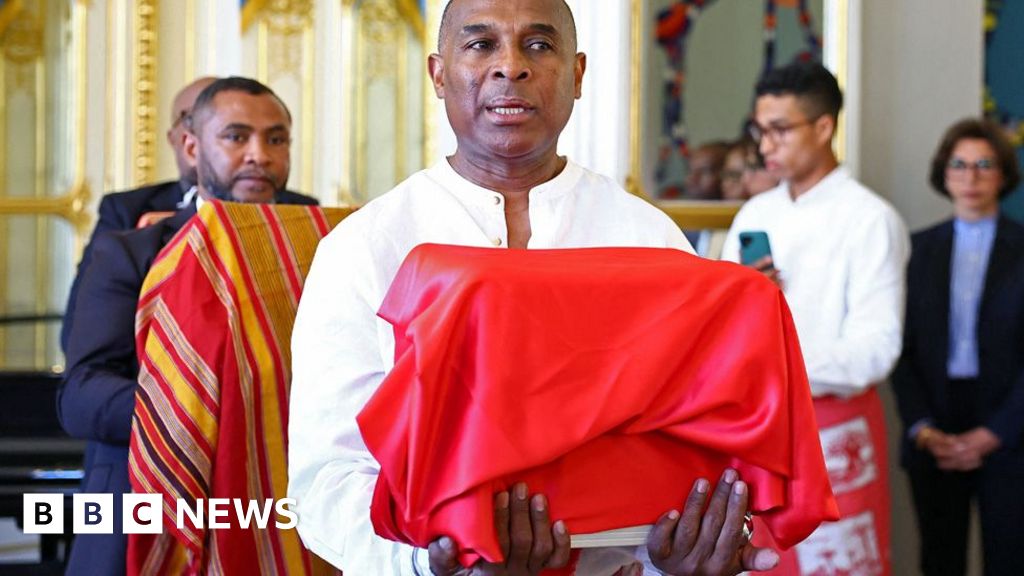Ngũgĩ wa Thiong'o, celebrated as one of the pillars of modern African literature, has passed away at the age of 87, leaving a powerful legacy that spans over six decades. Known for his compelling narratives and unyielding spirit, Ngũgĩ persevered through jail, exile, and health challenges, dedicating his life to portray the evolution of his native Kenya from colonialism to democratic rule.
Born as James Thiong’o Ngũgĩ in 1938 during the British colonial era, Ngũgĩ grew up in Limuru amidst a large family of agricultural laborers. His parents sacrificed to fund his education at Alliance High School, a prestigious institution run by British missionaries. Traumatic experiences shaped his early life, including witnessing the destructive impact of colonial authorities in his village, as well as the heart-wrenching loss of his brother Gitogo, who was killed by a British soldier for their failure to comply with orders.
Ngũgĩ’s literary career began during his studies at Makerere University in Uganda, where he shared his debut manuscript, "Weep Not, Child," with Nigerian author Chinua Achebe, leading to its publication in 1964 as the first major English-language novel from East Africa. He quickly gained recognition with subsequent novels, including "A Grain of Wheat" and "The River Between," and was heralded as one of Africa’s outstanding contemporary writers by leading media outlets.
A turning point in Ngũgĩ’s life occurred in 1977 when he adopted the name Ngũgĩ wa Thiong'o to signify a renunciation of colonial influences. Committing to writing exclusively in Kikuyu, his mother tongue, he published "Petals of Blood," which criticized the new ruling elite in Kenya. This tumultuous year also saw him jailed for a year after the government suppressed his play "Ngaahika Ndeenda," during which he wrote "Devil on the Cross" using scraps of toilet paper.
Following his release, Ngũgĩ went into self-imposed exile, living in the UK and the US for over two decades before returning to a hero's welcome in Kenya. However, this homecoming was marred by an attack on his family, which he regarded as politically motivated. Ngũgĩ took on teaching roles in prestigious universities, advocating for the significance of African language literature, challenging the dominance of English in African storytelling, and engaging critically with fellow writers and friends, including Achebe.
His literary journey was interwoven with personal struggles, including health issues. Ngũgĩ faced cancer and underwent major heart surgery, defying the odds to continue his work even as he battled severe health conditions. Known for his impactful essays, speeches, and books like "Decolonising the Mind," Ngũgĩ’s voice becomes even more resonant following his passing, as he inspired generations of writers and readers to reclaim their narratives in their native tongues.
As one of African literature's leading luminaries, Ngũgĩ wa Thiong'o leaves behind an indelible mark on the world of letters, embodying hope, resilience, and the power of storytelling. The literary world mourns the loss of this iconic figure, whose work will continue to inspire and resonate for years to come.


















